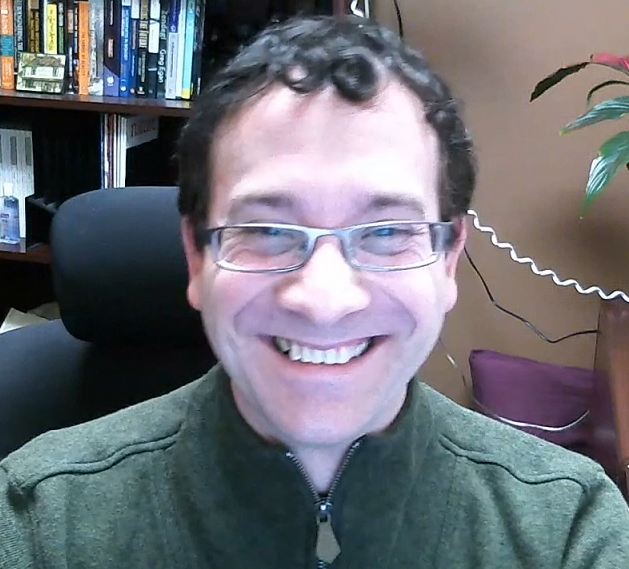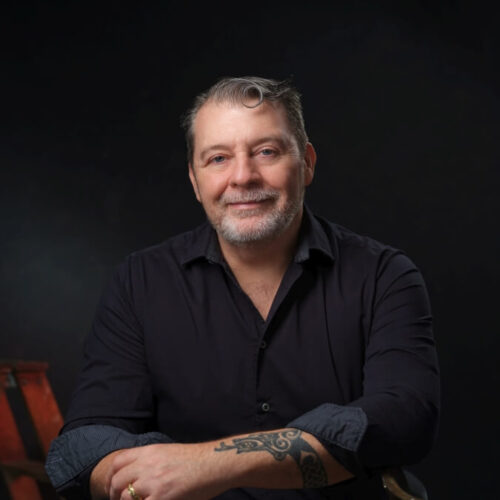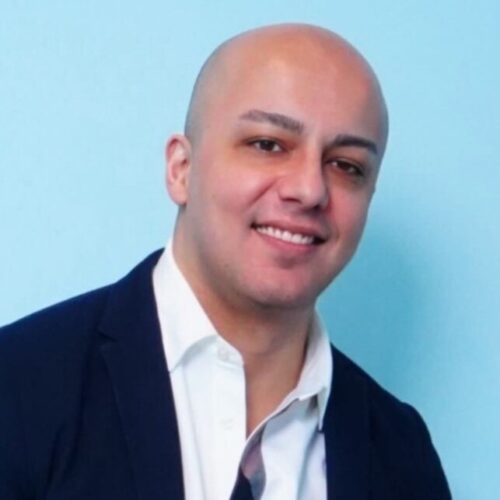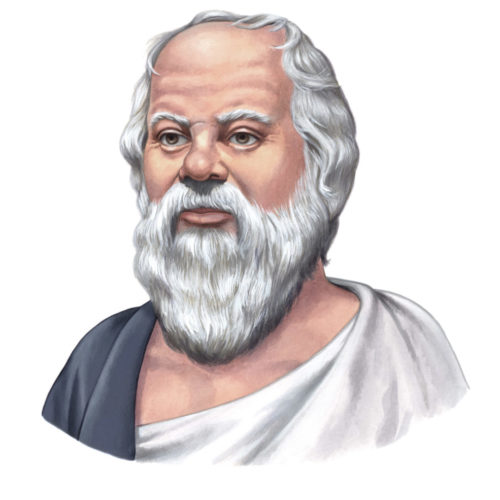Randal Koene: Mind Uploading is not Science Fiction
Socrates / Podcasts
Posted on: December 20, 2011 / Last Modified: November 23, 2021
Podcast: Play in new window | Download | Embed
Subscribe: RSS
 Last week I interviewed Dr. Randal Koene for Singularity 1 on 1.
Last week I interviewed Dr. Randal Koene for Singularity 1 on 1.
Dr. Koene is perhaps one of the world’s foremost neuroscientists. He is director of analysis at Halcyon Molecular, co-founder of Carbon Copies, and co-founder of and director at the Neural Engineering Corporation of Massachusetts.
Randal’s research objective is whole brain emulation, creating the large-scale high-resolution representations and emulations of activity in neuronal circuitry that are needed in patient-specific neuroprostheses.
During our 70 min conversation, we discuss a large variety of topics such as Randal’s early childhood and interest in science fiction; his lack of time to do all the things that he wanted to; his fascination with neuroscience; the distinction between whole brain emulation, whole-brain simulation and complete understanding of the human brain; his work at Halcyon Molecular, Carbon Copies, and Neuro Engineering; the roadmap and benchmarks on the path of mind-uploading; the best and worst-case scenarios that could result from Dr. Koene’s work; some of the ethical implications of mind uploading; the relationship between mind-uploading and the technological singularity.
As always you can listen to or download the audio file above or scroll down and watch the video interview in full. To show your support you can write a review on iTunes, make a direct donation, or become a patron on Patreon.
Who is Randal Koene?
Randal A. Koene is heading up Analysis at nanotechnology company Halcyon Molecular in Silicon Valley. Previously, Randal A. Koene, Ph.D., was Director of the Department of Neuroengineering at Tecnalia, third largest private research organization in Europe. He is a former Prof. at the Center for Memory and Brain of Boston University, and co-founder/owner of the Neural Engineering Corporation of Massachusetts. His research objective is whole brain emulation, creating the large-scale high-resolution representations and emulations of activity in neuronal circuitry that are needed in patient-specific neuroprostheses.
Koene has professional expertise in computational neuroscience, psychology, information theory, electrical engineering and physics. He organizes neural engineering efforts to obtain and replicate function and structure information that resides in the neural substrate for use in neuroprostheses and neural interfaces. And based on NETMORPH (netmorph.org), Koene’s computational framework for the simulated morphological development of neuronal circuitry, his lab is creating a Virtual Brain Laboratory to give neuroscientists, neuroengineers and clinicians large-scale high-resolution quantitative tools analogous to the computational tools that have become essential in fields such as genetics, chemistry or the aero-space industry. This effort bridges scales and will help determine how significant functions are encoded robustly in neural ensembles, and how those functions can nevertheless depend in specific ways on the detailed biophysics of particular component physiology.
Koene earned his Ph.D. in Computational Neuroscience at the Department of Psychology at McGill University, and his M.Sc. in Electrical Engineering with a specialization in Information Theory at Delft University of Technology. He is a member of the Oxford working group that convened in 2007 to create a first roadmap toward whole brain emulation (a descriptive term for the technological accomplishment of mind transfer to a different substrate that was first coined by Koene on his MindUploading.org website).
Visit Koene’s personal website rak.minduploading.org, carboncopies.org, MindUploading.org or watch Koene present and discuss “Scope and Resolution in Neural Prosthetics and Special Concerns for Emulation of a Whole Brain”.
Related articles
- Mind Reading, Thought Control and Neuro Marketing: Is “the Lord of the World” still science fiction?









